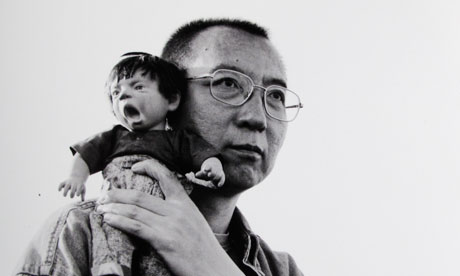In 2010, Liu became the first Chinese citizen to win a Nobel Prize. Neither Liu, nor any of his family, were allowed to travel to Norway to accept the prize.
Liu is still in prison today, and the question of his long-term impact is open. Did China’s democracy movement fail in 1989, or will we look back on Liu as a harbinger of changes yet to come?
In contemplating the future, it is always important to remember that, despite all its rigidities and infirmities, the Chinese Communist Party has repeatedly surprised the world with its ability to change course and prevail, including its most recent feat of steering China into the twenty-first century as a nascent superpower. Indeed, in doing so, it has upended both Marxist orthodoxy and the common wisdom of Western experts about how countries develop and whether free markets have an intrinsic and necessary relationship with democracy. But these two streams of thought–one in search of wealth and power, the other reaching for democracy–may well yet converge in the future. And if they do, the voices of people such as Wei Jingsheng, Fang Lizhi, and Liu Xiaobo will doubtless become more important. Of course, when and how this might come to pass is still an unanswerable question. (Wealth and Power, page 384)

